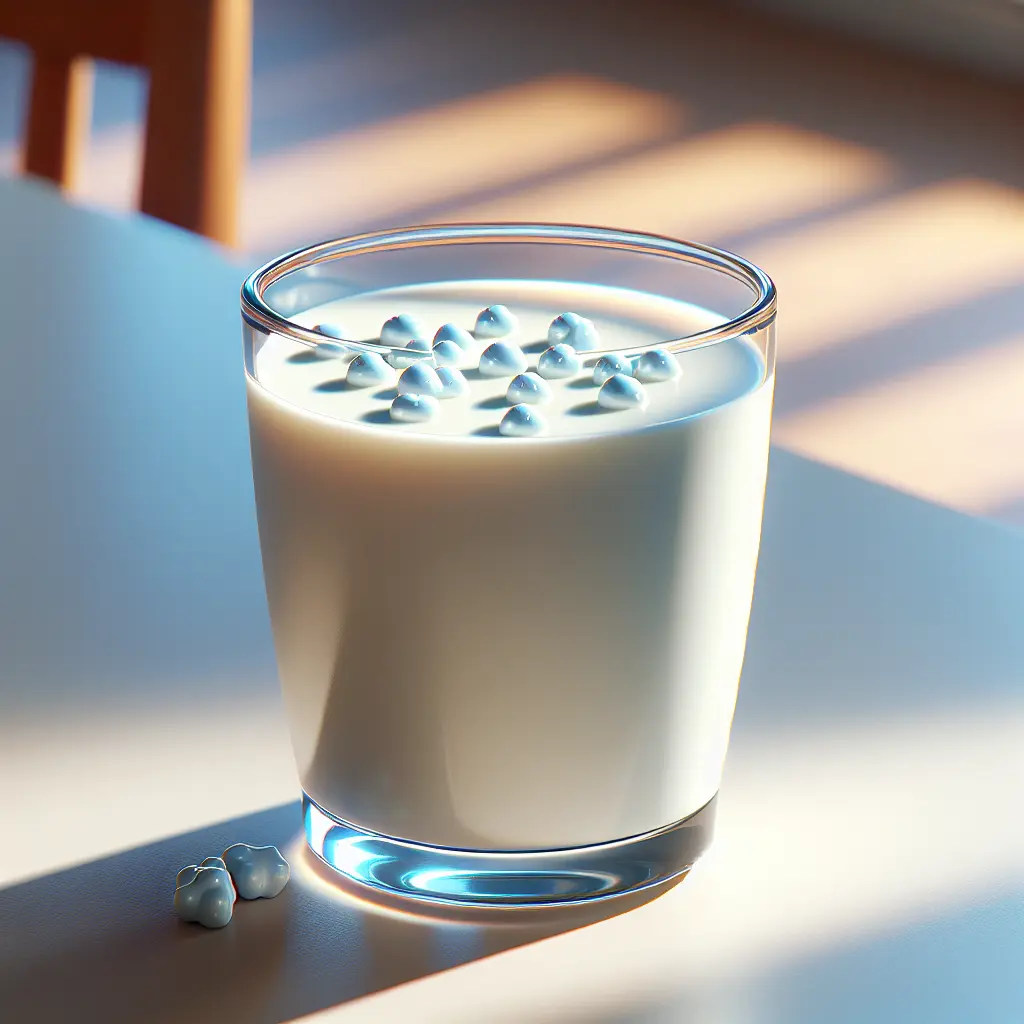Lactaid: The Milk Alternative for Lactose-Intolerant Individuals
Lactose intolerance, a common digestive condition, affects millions of people worldwide. It occurs when the body lacks the enzyme lactase, which breaks down lactose, the sugar found in milk and dairy products. This can lead to unpleasant symptoms such as bloating, gas, and abdominal pain.
Lactaid is a lactose-free milk alternative specifically designed for individuals with lactose intolerance. It is produced by adding the enzyme lactase to milk, which breaks down the lactose into simpler sugars that can be easily digested. This process makes Lactaid a safe and enjoyable option for those who cannot tolerate regular milk.
Nutritional Profile of Lactaid
One cup (240ml) of Lactaid provides approximately:
- Calories: 124
- Protein: 8.5 grams
- Fat: 4.7 grams
- Carbohydrates: 12 grams
- Fiber: 0 grams
- Sugar: 0 grams
Compared to regular milk, Lactaid has a slightly higher calorie count but contains the same essential nutrients, including calcium, vitamin D, and riboflavin. It is also a good source of protein, providing 8.5 grams per cup.
Benefits of Lactaid
Lactaid offers several benefits for lactose-intolerant individuals:
- Improved Digestion: Lactaid breaks down lactose before consumption, eliminating the digestive discomfort associated with lactose intolerance.
- Source of Essential Nutrients: Lactaid retains the same nutritional value as regular milk, providing calcium, vitamin D, and other essential nutrients without causing digestive issues.
- Versatile Use: Lactaid can be used in various culinary applications, including drinking, cooking, and baking, making it a convenient and versatile alternative to regular milk.
Uses of Lactaid
Lactaid can be used in a variety of ways:
- As a Beverage: Lactaid can be enjoyed as a cold or warm beverage, providing a refreshing and nutritious drink.
- In Cooking: Lactaid can be used as a dairy substitute in recipes, allowing lactose-intolerant individuals to enjoy soups, sauces, and baked goods without experiencing digestive distress.
- In Baking: Lactaid can be used as a replacement for milk in baking recipes, ensuring that lactose-intolerant individuals can still enjoy homemade treats and baked goods.
Conclusion
Lactaid is a safe and effective milk alternative for individuals with lactose intolerance. Its nutritional profile, benefits, and versatile uses make it a valuable resource for those seeking a healthy and convenient way to enjoy the taste and benefits of milk without experiencing digestive discomfort. By incorporating Lactaid into their diet, lactose-intolerant individuals can unlock a world of culinary possibilities and improve their overall well-being.
How many calories are in Lactaid?
Each 1 cup of Lactaid contains 124 calories.
Lactaid Nutritional Information
| Nutrient | Amount per 1 cup (244g) |
|---|---|
| Calories | 124 Calories |
| Protein | 8.5g |
| Fat | 4.7g |
| Saturated Fat | 2.9g |
| Cholesterol | 0.02mg |
| Carbohydrates | 12g |
| Dietary Fiber | 0g |
| Sugar | g |
| Sodium | 0.127mg |
| Potassium | 0.3953mg |
| Calcium | 0.312mg |
| Iron | 0.0001mg |
